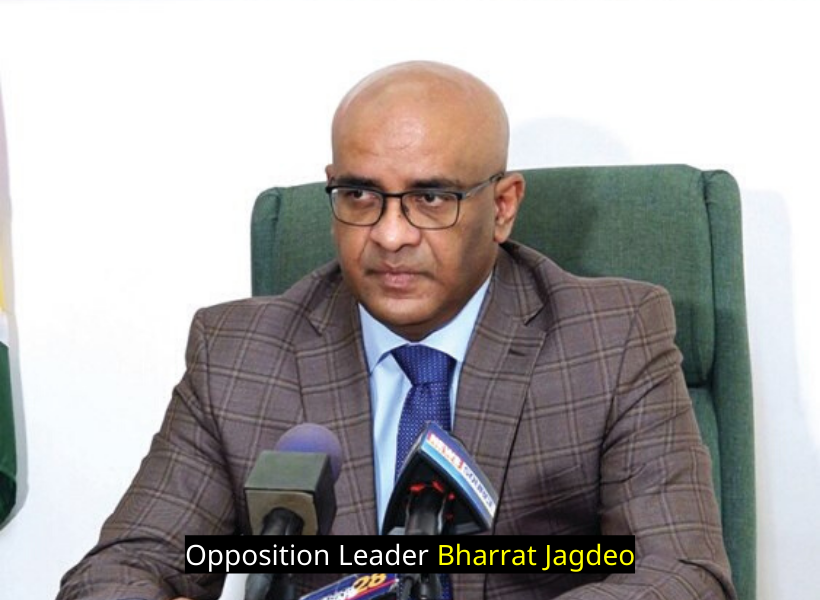Leader of the Opposition, Bharrat Jagdeo says that nothing is stopping the Guyana Elections Commission (GECOM) Chair, Justice (retired) Claudette Singh from declaring a winner of the March 2 General and Regional Elections, now that the Caribbean Court of Justice (CCJ) has delivered its summary of its ruling on a case that could potentially end the political impasse in Guyana.
The CCJ, today, set aside a ruling made by the Guyana Court of Appeal (COA) in the matter involving Esyln David v Chief Elections Officer et al, regarding the interpretation of article 177 (2) (b) which speaks to the utilization of votes in declaring a victor in an electoral process.
“The CEO has clear guidance now. Let us see if he will continue to act unlawfully, or in accordance with the guidance of the Caribbean Court of Justice – a superior court…A lot can happen in the next few days, but what we expect now is the CEO and the entire commission have had clear guidance from the Caribbean Court of Justice as to what constitutes a valid vote,” Jagdeo said today after the ruling.
He said that the party is hoping that the Chair of the Guyana Elections Commission (GECOM), Justice (Retired) Claudette Singh will convene a meeting and “move the process speedily to a conclusion that would end up in the declaration of the president”.
The COA had interpreted the phrase “more votes cast” to mean “more valid votes cast”. According to President of the CCJ, Justice Adrian Saunders, this insertion was unnecessary. He said that the provision of the Article is plain and simple language and “meant what it said and said what it meant”.
By the unnecessary insertion of “valid” in Article 177 (2) (b) of the Constitution, the CCJ’s President noted that the COA impliedly invited Lowenfield to engage unilaterally in a further and unlawful validation exercise that trespasses on the exclusive jurisdiction of the High Court established by Article 163 of the Constitution. This insertion also allowed the CEO to invalidate more than 115,000 votes which he deemed to be not credible. Indeed, the CEO has no say in determining what an invalid vote is, especially if that vote falls beyond the boundaries of what is expressed in the Representation of the People Act (ROPA).
That act defines what is regarded as an invalid vote. These criteria would include unstamped ballots and unmarked ballot papers.
Now that guidance has been provided, Jagdeo says that there is nothing stopping the CEO from compiling a report using the data that came out of the recount exercise and ultimately, a declaration by Justice Singh.













